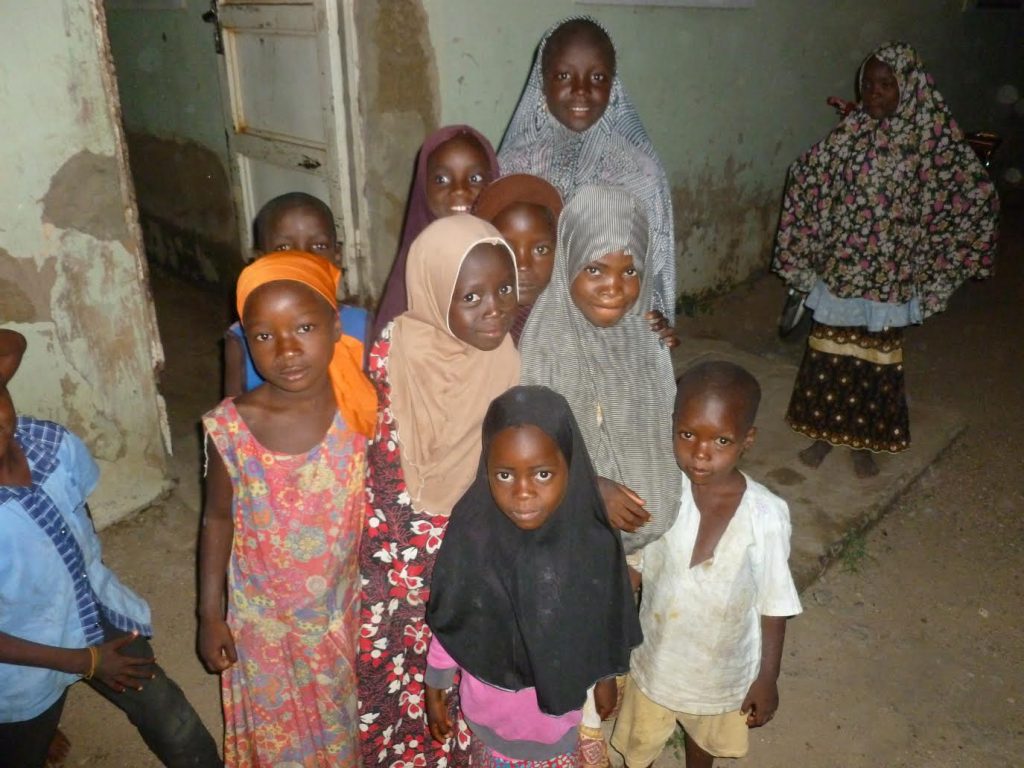Early this year while on a supervisory visit to Gwantar, the PMI Africa Indoor Residual Spraying Program (AIRS) project database manager, who was accompanying the Bauchi State entomological surveillance team, observed the reaction of the local populace to the surveillance program being carried out within their community. He noted, “The reaction of the local children to the surveillance activities was most interesting; their level of inquisitiveness was absolutely remarkable! They were eager to know the purpose and importance of each of the tools and equipment deployed by the surveillance team.”
Upon further inquiry, the surveillance team discovered that the children ‒ as well as most of the adults within the community ‒ had little or no knowledge of how mosquitoes transmit malaria or ways to prevent it and protect themselves from being bitten by mosquitoes. Because the children were so curious about the surveillance activities, the team seized the opportunity to educate both the children and the adults on basic strategies to prevent mosquito bites and reduce mosquito breeding sites within their homes and surroundings. The children were energized and were later observed sharing the information they had learned with their parents and siblings.
During subsequent visits to the community, the surveillance team reported a remarkable change in attitude by community members toward mosquito control activities. The children in the community now understand the importance of regularly sleeping under insecticide-treated bed nets and have taken it upon themselves to keep their environment and surroundings clean by carrying out the cleaning themselves or urging the adults to assist with such efforts.
The successes recorded within Gwantar community have inspired the AIRS Nigeria team to introduce similar measures at other surveillance sentinel sites, with the aim of creating awareness about malaria transmission and prevention, both in communities where surveillance activities are being carried out as well as in nearby communities. In the long run, this will assist in protecting both adults and children alike from the scourge of malaria. All thanks to the children of Gwantar.

